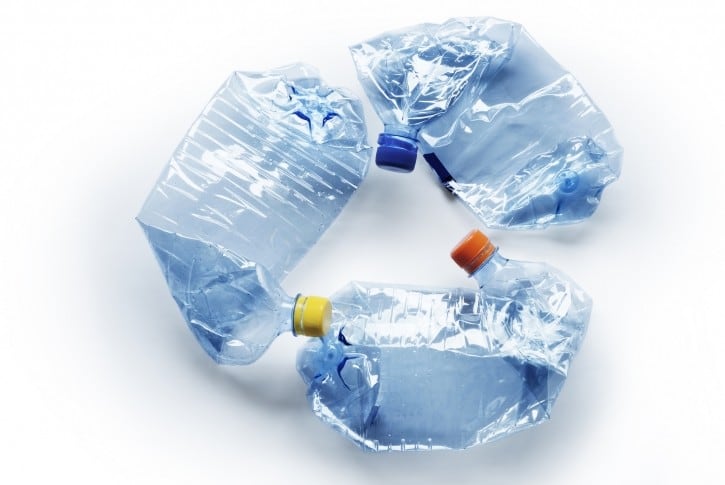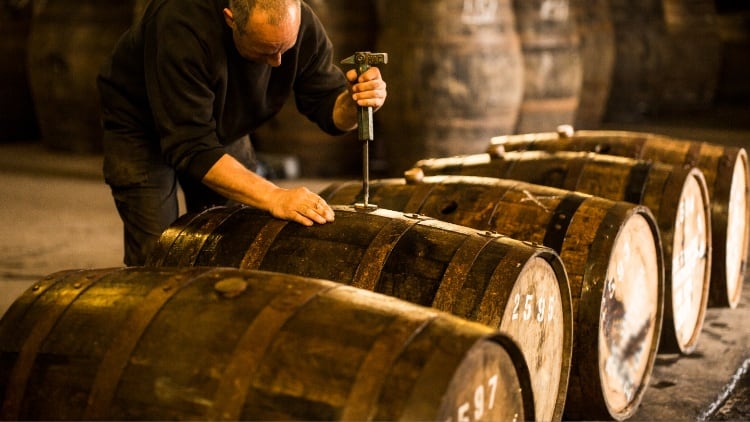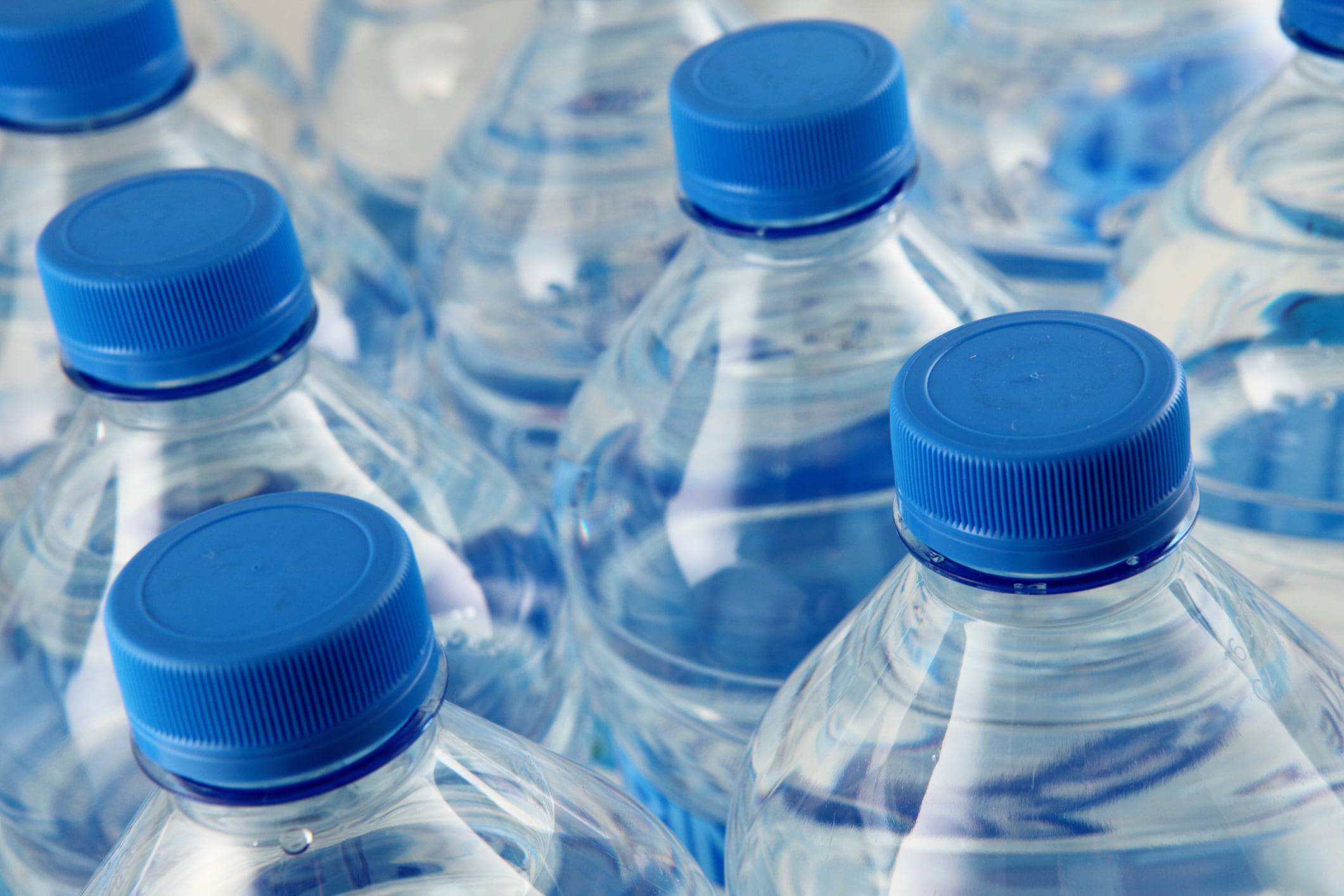Packaging manufacturers have to report on the collection, sorting, recycling and disposal of their products by 1 April 2025, after which the fee rates for the first year of EPR will be calculated.
Under EPR, all UK businesses that handle packaging will need to fund the total cost of managing packaging waste (from production to removal), on top of their current liability.
Fees will be incurred from 1 April each year based on the packaging supplied by registered producers for the preceding calendar year, with invoices set to be sent annually in early summer.
However, in order to provide businesses with greater clarity about the costs they are likely to incur, illustrative base fees for 2025/26 have been calculated for each of the eight packaging categories.
For each category – aluminium, fibre-based composites, paper or board, plastic, steel, wood, glass and other – the illustrative base fees are separated into higher, intermediate and lower estimates as a result of uncertainties in disposal costs.
At the lower estimate, the fee for fibre-based composites would be the highest at £410 per tonne, while glass would be the lowest at £130 per tonne. At the higher estimate, the fee for fibre-based composites and aluminium would be the highest at £655 per tonne, while glass, wood and other would be the lowest at £330 per tonne.
The illustrative fees have been calculated using different datasets to those that will be used to calculate the actual fees, but the government produced the illustrative base fees to “provide as much information as early as possible”.
“This government is committed to cracking down on waste as we move towards a circular economy," a Defra spokesperson said.
“Extended producer responsibility for packaging is a vital first step. It will create 21,000 jobs, stimulate more than £10bn investment in the recycling sector over the next decade, and see packaging producers, rather than the taxpayer, cover the costs of managing waste. We will continue to work closely with businesses on the implementation of this programme, and publishing the illustrative base fees provides them with the clarity they need to prepare.”
The full breakdown can be found here.
‘Base fees help manufacturers plan for 2025’
The introduction of EPR intends to accelerate the move towards more circular economy principles within packaging by encouraging manufacturers to consider the full lifecycle of their packaging.
In response to the publication of the illustrative base fees, director of corporate affairs and packaging and the Food and Drink Federation (FDF), Jim Bligh, commented: "Food and drink manufacturers support the government's zero waste goal and are committed to a cleaner environment. We welcome the long awaited release of base fees for EPR, which helps manufacturers take more responsibility for packaging and helps them plan for 2025 costs.
“With EPR expected to cost at least £1.4bn in 2025, it's crucial that funds are used to improve recycling infrastructure. Everyone must work together to ensure EPR drives value, boosts recycling rates, and fosters a circular economy. Defra should now empower producers to manage the scheme, encouraging investment, green jobs, and innovation in packaging."
In other news, register now for our exclusive editorial webinar with health and safety experts on safeguarding your factory and supply chain.





